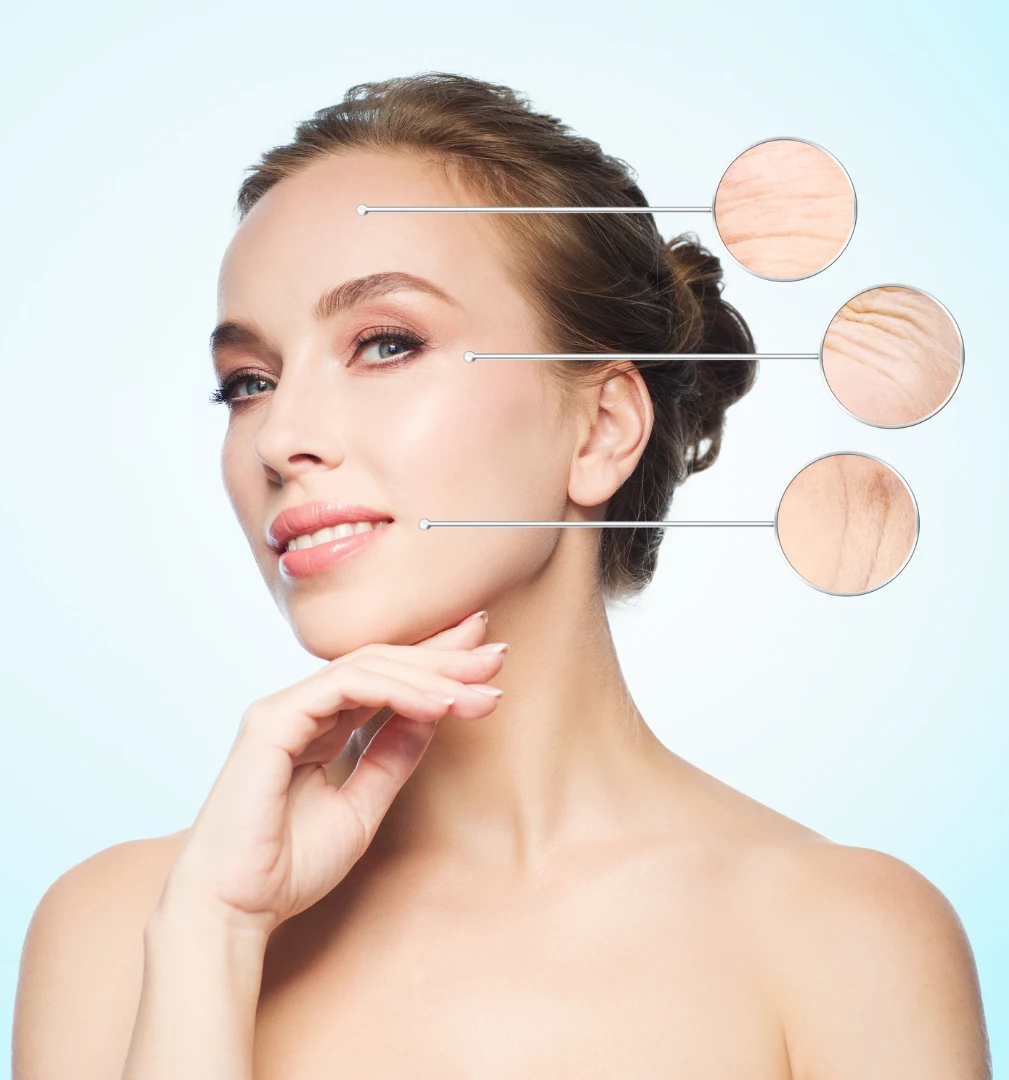
The Science Behind Fighting Eczema
With decades of experience in dermatology, Dr. Margo Weishar, MD and Dr. Ashley Clark, combine science, clinical insight, and cutting-edge technology to deliver exceptional eczema care.
Winning Philadelphia Magazine’s Top Doctor award 4 years running, Dr. Weishar, together with Dr. Clark, researches non-invasive treatments and uses only the best technology to create an eczema management plan that truly works. Their innate understanding of the irritating skin condition, allows them to create a scientifically based, effective treatment plan.
“I’m very excited by the idea of using a patient’s natural ecology of bacteria on the skin to help fight acne, rosacea, eczema, and more to help promote a beautiful, glowing complexion. It’s wonderful to use the body’s own knowledge to heal itself.” – Dr. Weishar, Nylon Magazine
Ready to book or just have a question? Our team is here to help!

Treatment Options
With education and training from some of the nation’s most prestigious institutions, including Ivy League universities and top-ranked dermatology programs, Springhouse Dermatology brings unmatched expertise to eczema care. The team includes nationally recognized leaders in the field, clinical educators, and published researchers whose work has gained international attention. Patients benefit from a practice that blends academic excellence, scientific innovation, and a deep commitment to patient wellness.
The objective of treatment is to prevent itching and minimize discomfort, as there is currently no cure for eczema.
Moisturizers
It is important to keep the skin moisturized since the condition tends to dry it out. Moisturization can assist with easing inflammation and keeping the skin hydrated.
Hydrocortisone creams and antihistamines
This can assist as a preventative measure when it comes to itching, swelling, and redness. Some people do however have a reaction to hydrocortisone (a steroid), and are advised to consult a medical professional should this happen.
Medications
Corticosteroids may be prescribed to assist with easing inflammation and antibiotics in the event of infection in the affected areas. In addition, ultraviolet light in the way of phototherapy may also be helpful.

Eczema Treatment In Philadelphia
Your quality of life can be improved by consulting with Springhouse Dermatology’s expert team, led by double board-certified dermatologist Dr. Margo Weishar and board-certified dermatologist Dr. Ashley Clark. Together, they provide the highest standard in eczema diagnosis, treatment, and long-term care. Book your consultation for diagnosis, treatment, and management of your eczema.
FAQ
What Causes Eczema?
This disease has no known cause despite the fact that a variety of conditions can result in its development.
What Does Eczema Look Like?
Atopic dermatitis is the most common type of eczema, and while it presents differently in each person, symptoms include itchy skin that is inflamed, dry, cracked, leathery, and/or red.
Is Eczema A Cause For Concern?
While it is not a life-threatening condition, it can become a cause for concern when it results in skin infection or asthmatic complications.
Is Eczema Contagious?
No, it cannot be passed on from one person to another.
How Is Eczema Treated?
There are different types of this condition, atopic dermatitis, contact dermatitis, dyshidrotic eczema, hand eczema, neurodermatitis, and nummular eczema, each of which requires different treatment.





